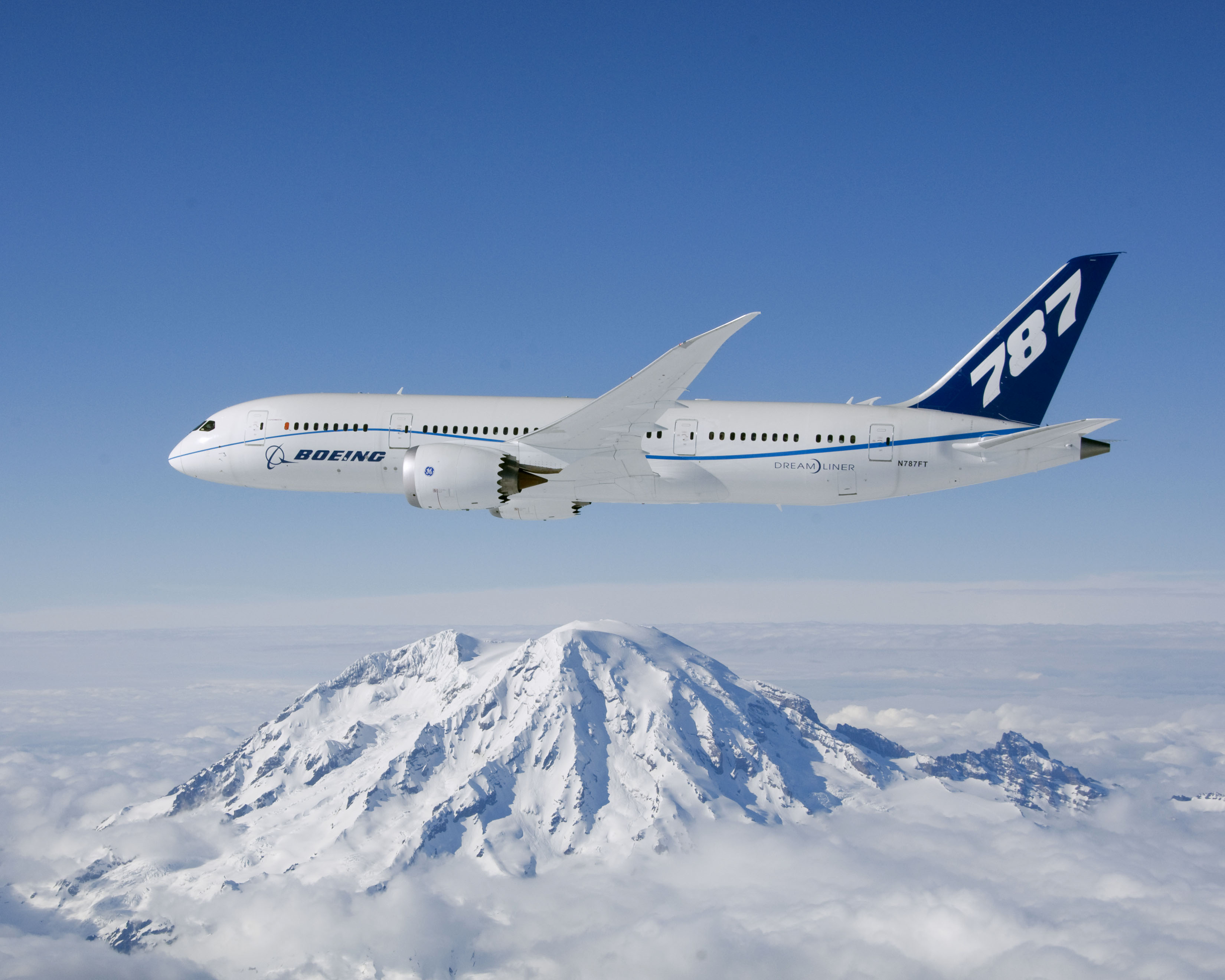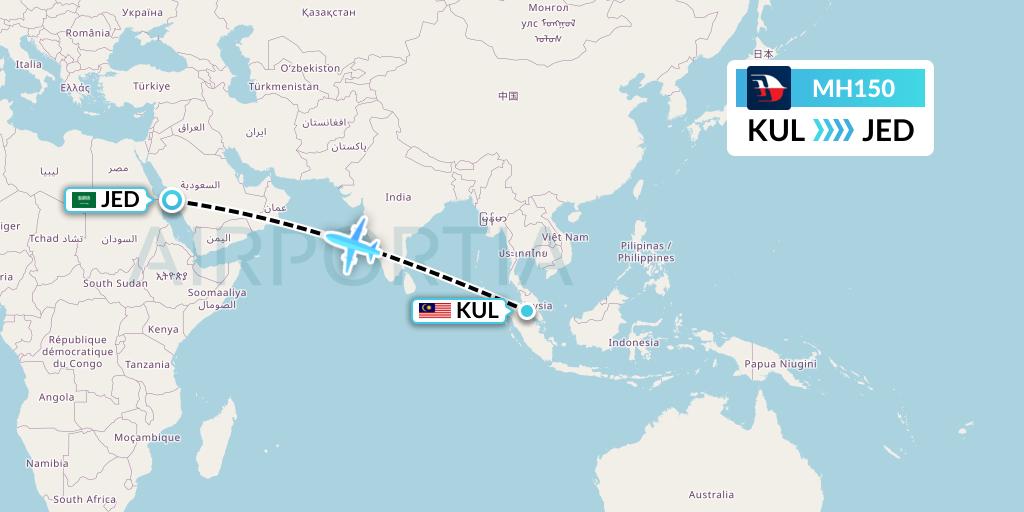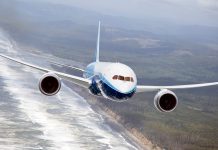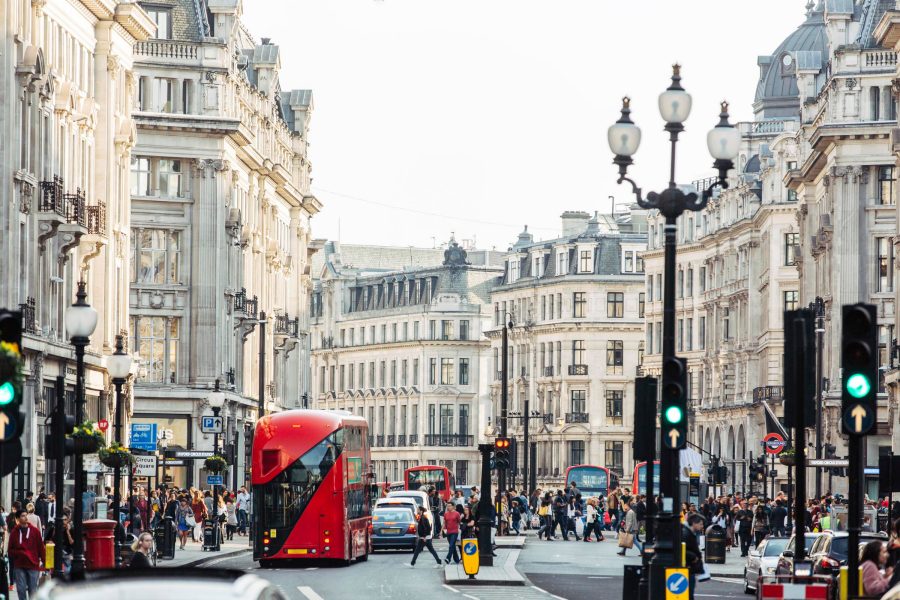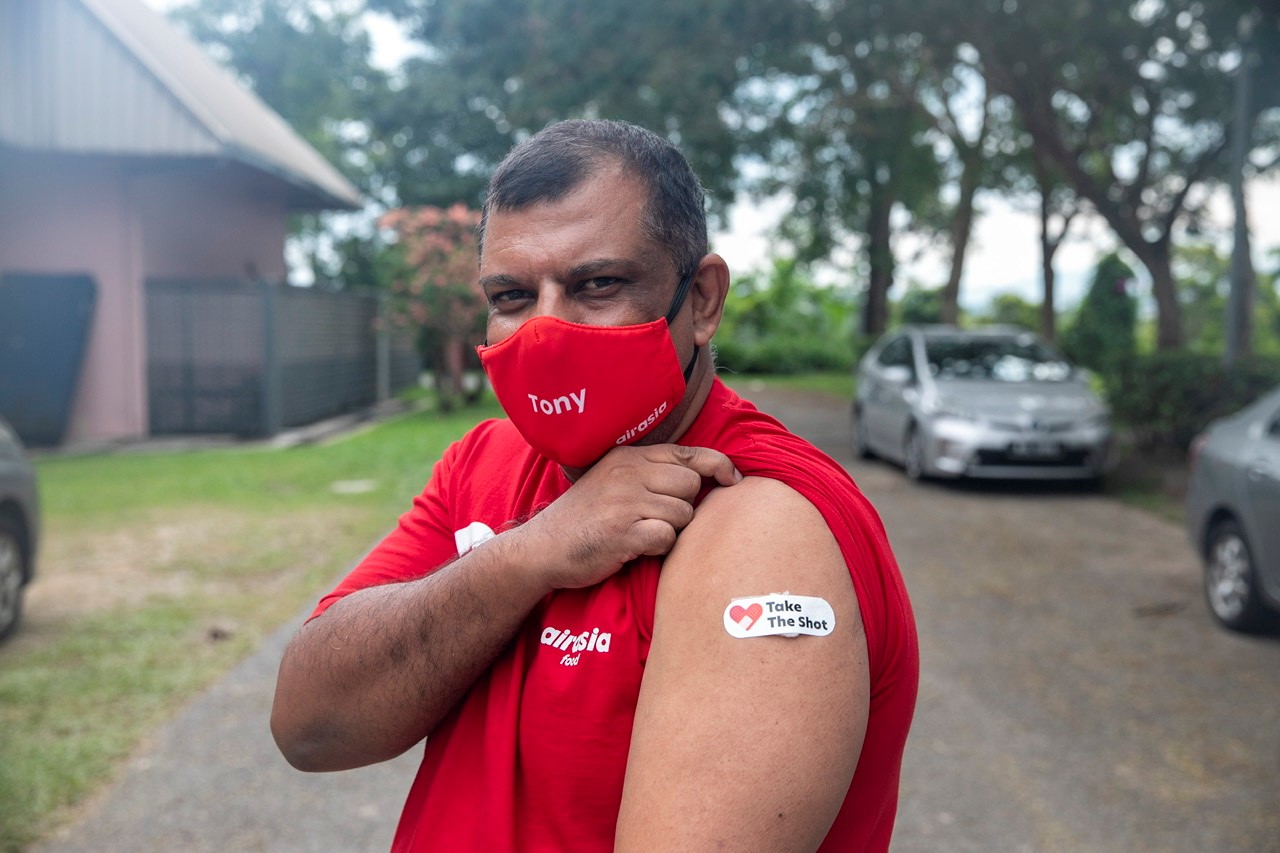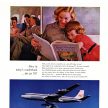AirAsia Group CEO Tony Fernandes has reaffirmed his confidence in a strong comeback for AirAsia and for airlines the world over this year, on the back of vaccines and robust pent-up demand for travel.
Tony, who received his first vaccination today in Malaysia, commented: “Vaccines are working and you only need to look to countries with significant progress in Covid-19 vaccination, such as the United States, the United Kingdom, and Israel, where there is a clear correlation between significantly less daily cases and vaccination programs being rolled out as fast as possible.”
“Vaccines being rolled out and strong demand will fuel a V-shaped recovery in coming months. According to IATA, there will be a rapid recovery in domestic air travel set to be above 2019 by 2022 with the Asia Pacific region leading the way.”
This view is shared in a recent report by Rothschild and Co which concluded that travel sentiment is improving on vaccine efforts and combined with pent-up demand, will fuel a strong rebound in key domestic markets in Asia-Pacific by the second half of 2021. It highlights that web traffic for major airlines and broader travel websites indicates a surge in web traffic for regions with high vaccination rates.
READ: Qatar Airways excels in COVID-19 safety and flexibility
“I received my vaccine today and my Allstars (staff) in all of our key markets are either already vaccinated or are registering to get theirs as soon as possible. Importantly, in all of the major markets we operate in, vaccination rollouts are on track to have the majority of the population vaccinated towards the end of the year which is a great sign of things to come for the AirAsia Group,” Mr Fernandes said.
“In Malaysia, although we are seeing a new wave, we see this as short-term pain for long-term gain. Things will get better and this is already proven in countries where vaccination progress is highest. Although Asean countries are already in the early stages of vaccination, many country authorities are committed to meeting their targets of inoculating the majority of their citizens by the end of the year.
“Travel bubbles will also support a fast rebound in the travel industry as countries deliver high vaccination rates and gain control of the virus. Australian infectious disease experts are even predicting coronavirus may be treated as a simple cold in the future.”
Mr Fernandes also explained that AirAsia has used the downtime in flying as an opportunity to further reduce its cost structure and focus on strict cost containment including exiting loss-making ventures such as AirAsia Japan and reducing its investment in AirAsia India to focus on ASEAN, where its brand and foothold is strongest. The airline network and fleet strategy have been thoroughly reviewed to ensure flying on the most popular and profitable routes when travel restrictions allow.
“As an airline, I’m confident AirAsia will recover faster than many of our competitors, as more than 50 per cent of our business is domestic leisure, which is going to pick up before regional or business travel. Low-cost domestic short-haul will likely rebound by the third quarter of 2021, and international could reach pre-Covid-19 levels by end of 2022. With the increased introduction and adoption of a digital travel passport and vaccine passport, travel will also be made easier and safer amid the current situation.
“We as a company did not waste this crisis – we used the grounding of 245 planes to strategize and diversify our business, and really put our foot on the accelerator to fast track our digital businesses that began well before Covid-19. We now have two key businesses – the airline and digital. Digital e-commerce and logistics are the way forward.
“We already have 17 travel, lifestyle, and fintech products on our super app, offering people value and choices on what to eat, shop, where to fly, stay, and much more at the lowest prices all from the convenience of the mobile app. Underpinned by strong data, network, and technology, our non-airline businesses are already making money and I believe they will overtake airline revenues in the next few years.”
“The end is in sight. It’s not if but when. Our pilots and flight crew are ready to fly, our operations are well prepared with seamless innovations to ensure flying with AirAsia is not only safe and affordable but more hygienic and contactless than ever before.
“We already have our own version of a digital passport with Scan2Fly where guests can scan any required medical documentation and have it verified in real-time before heading to the airport and we are launching facial recognition technologies at our key airports in the coming months. We welcome the approval of a globally recognized digital health passport, and our systems can integrate into most of these like the IATA digital passport currently being tested.
“On the funding front, AirAsia has completed two tranches of our private placement exercise raising RM336 million (US$88 million) which form part of our overall plans to raise between RM2.0 billion to RM2.5 billion. Last month, AirAsia Thailand announced a corporate and capital restructuring scheme entailing fresh capital of up to Bt5.9 billion (US$190 million).
“In times of crisis, only the strong survive. We have faced so many crises in the past and have always evolved stronger. This is no different. AirAsia will emerge from this pandemic stronger than ever. The best part of this story is yet to come,” Mr Fernandes said.


